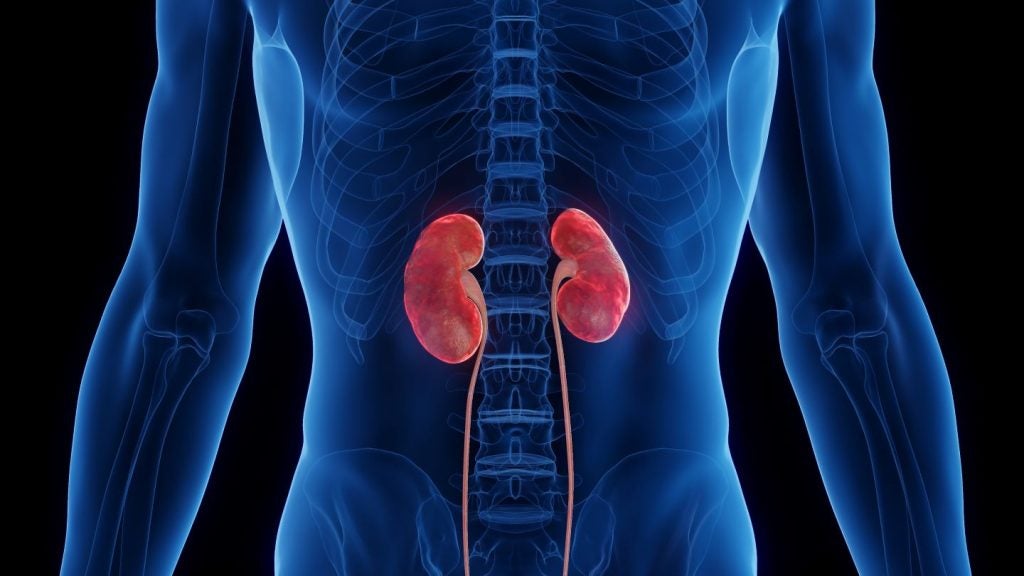IceCure Medical’s cryoablation technology ProSense has demonstrated it can reduce breast cancer tumour sizes by 100% after 12 months, in an independent study.
The 39-patient cohort was monitored one, three, six, and 12-months post-procedure after treatment with ProSense, with a 100% median breast cancer tumour size reduction after six and 12 months. The women, aged between 60 and 92 years, all had biopsy-proven malignant lesions that were considered inoperable due to age and comorbidities or had refused surgery.
At the 12-month mark, the procedure’s effectiveness was further assessed through core-needle biopsy and contrast-enhanced mammography to evaluate residual tumour cells and cryoablation effectiveness.
Cryoablation is a medical procedure that uses extreme cold to destroy abnormal tissues such as tumours. A probe is inserted into the tissue, and a freezing gas is circulated through the probe to create ice crystals, which destroy the targeted tissue. This method is often used as a minimally invasive alternative to surgery.
IceCure has an ongoing trial investigating the device called ICE3 – a five-year post-procedure study, which is anticipated to conclude in the first quarter of 2024. ICE3 is the largest trial for liquid-nitrogen (LN2)-based cryoablation of early-stage breast tumours.
The US Food and Drug Administration (FDA) previously denied IceCure’s De Novo classification request in October 2022, but the FDA reopened the file in January, requesting the full five-year data from the ICE3 trial. IceCure plans to submit the dataset ahead of schedule by April 2024.
In the announcement accompanying the data, IceCure CEO Eyal Shamir said: “These are phenomenal results of 100% median tumour size reduction in as little as six months and its effectiveness demonstrated by the correlation between CEM outcomes versus biopsy at 12 months after our minimally invasive procedure that takes up to 40 minutes.”
In August 2023, Boston Scientific secured expanded FDA clearance for its cryoablation system, expanding the label for the VISUAL Ice system to treat pain associated with tumours that have spread to bone where standard therapy has not worked or is not suitable for a patient.
















